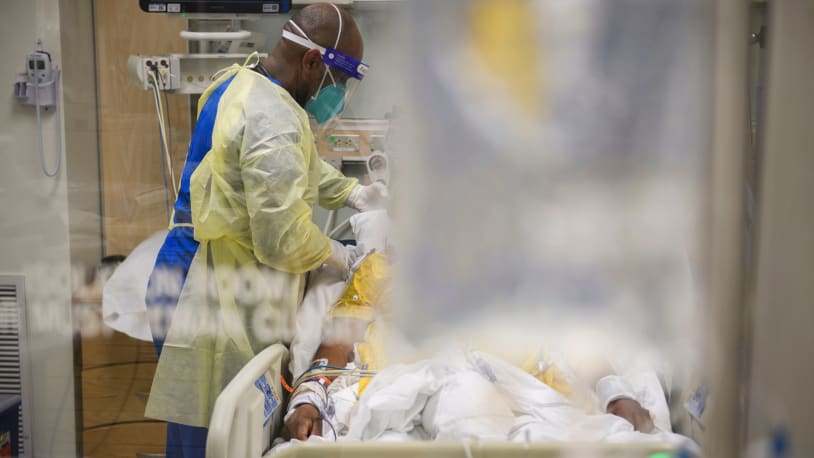
COVID boosts life insurance demand
Here are three of the week’s top pieces of financial insight, gathered from around the web:
COVID boosts life insurance demand
Demand for life insurance has soared since 2020, said Kate Dore at CNBC, and insurers are shelling out more than they have in decades. “Payouts to beneficiaries rose by nearly 11 percent in 2021, jumping to over $100 billion.” That was after the largest year-over-year jump in payments since the 1918 influenza epidemic, according to insurers. The demand for protection keeps growing three years into the pandemic, even as underwriters are re-evaluating their terms. There’s “ongoing debate” on the “ways COVID may be affecting mortality,” particularly for those with pre-existing conditions or who may be suffering from symptoms of “long COVID.” COVID inquiries have begun appearing on life insurance applications, including “questions about your history of testing positive.”
Pepsi’s hardcore training program
Only McKinsey and General Electric have produced more of today’s Fortune 500 chief executives than PepsiCo’s total of 16, said Phil Wahba in Fortune. The secret to its success is a system built around developing “hi-pos,” or the “highest performers” based on manager evaluations and other performance metrics. A Pepsi high-po “isn’t limited to aspiring senior managers. A truck driver can also be a high-po.” But high-pos aren’t told formally “whether they’ve been chosen for a faster track.” Those identified as upper-management material are “put through a rigorous, yearslong training program in many aspects of Pepsi’s operations” that puts a premium on risk-taking and “fast decision-making skills.”
Weak link in COVID aid fraud
Fintech startups collected billions in fees for facilitating pandemic loans while turning a blind eye to rampant fraud, said Tony Romm in The Washington Post. A damning House report released Dec. 1 assigned blame to six fintech “middlemen,” including Blueacorn, Womply, and Kabbage, which helped small businesses apply for Small Business Administration-backed loans through the Paycheck Protection Program. The SBA relied on the relatively nimble fintech firms “in expanding access to capital, particularly for smaller borrowers.” However, one lender that worked with Womply accused it of ignoring “rampant fraud.” The SBA determined that Womply itself was ineligible for the $7 million in pandemic aid it received. The company’s CEO — who ran its fraud-prevention efforts — pleaded guilty to insider trading charges in 2014.
This article was first published in the latest issue of The Week magazine. If you want to read more like it, you can try six risk-free issues of the magazine here.
Here are three of the week’s top pieces of financial insight, gathered from around the web: COVID boosts life insurance demand Demand for life insurance has soared since 2020, said Kate Dore at CNBC, and insurers are shelling out more than they have in decades. “Payouts to beneficiaries rose by nearly 11 percent in 2021, jumping…
Here are three of the week’s top pieces of financial insight, gathered from around the web: COVID boosts life insurance demand Demand for life insurance has soared since 2020, said Kate Dore at CNBC, and insurers are shelling out more than they have in decades. “Payouts to beneficiaries rose by nearly 11 percent in 2021, jumping…